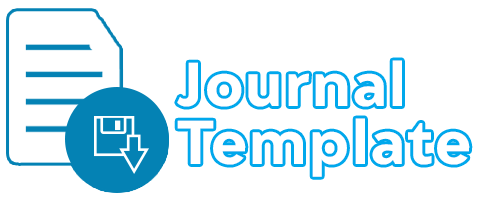Indonesia's National Qualifications Framework System in Higher Education: What is the Reality of Implementation?
DOI:
https://doi.org/10.63061/gz2bp894Keywords:
Indonesian, National Qualifications FrameworkAbstract
The Indonesian National Qualifications Framework, abbreviated as KKNI in Presidential Decree 8 of 2012 is a competency qualification ranking framework that juxtaposes, balances and integrates the fields of education and vocational training as well as practical experience to provide recognition of work competencies according to the job structure in each sector. This type of research uses qualitative research methods and the approach used is a case study. This is done to explore how it is applied to the research object in depth, so that the data obtained is more meaningful from informants in the field. The conclusion of this article is that the students' perceptions of the PAI FITK UIN SU Medan study program regarding the implementation of the KKNI-based curriculum in the PAI FITK UIN SU Medan study program are different, namely the perception of saying it is good, saying it is good as a change of system, good but burdensome, burdensome and burdensome, the task is the same. like high school. Problems with KKNI-Based Curriculum lecture assignments for PAI FITK UIN SU Study Program students are classified into 4 aspects, namely in terms of time, process aspects (intention to work, lazy groups, reference sources, difficulty of assignments, systematic format of assignments, mastery of technology), in terms of campus infrastructure and personal ownership, namely laptops and cellphones, and economic or funding aspects related to collecting assignments print.
Downloads
Published
Issue
Section
License
Copyright (c) 2023 Rahmat Rifai Lubis, Muhammad Ihsanul Fikri, Sutan Muhammad Fahrur Rozy C, Siti Maryam Ulfa, Annisa Muflihah

This work is licensed under a Creative Commons Attribution-ShareAlike 4.0 International License.








